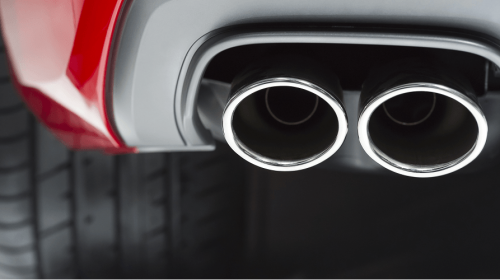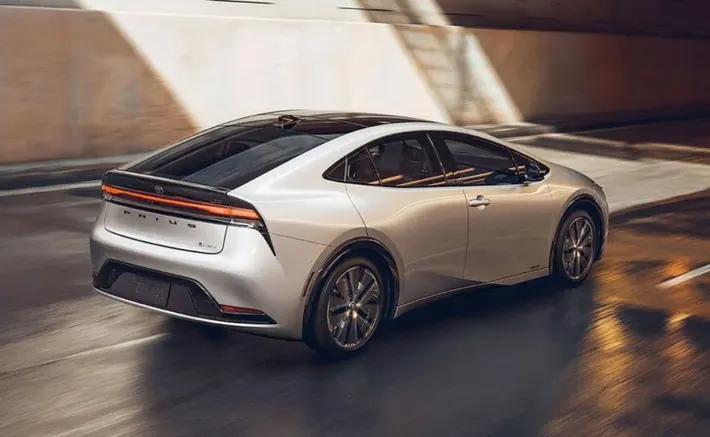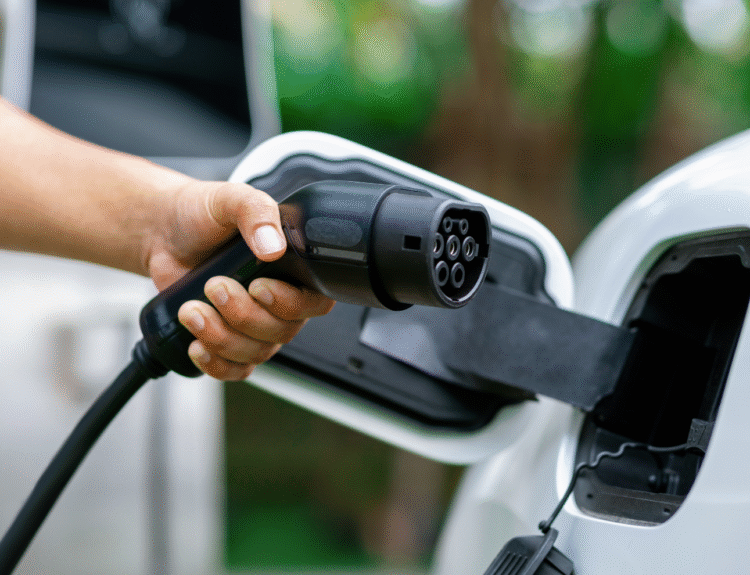With the growing focus on environmental sustainability and fuel efficiency, many consumers are faced with the decision between hybrid cars and traditional gasoline vehicles. Both types have their unique advantages and drawbacks. This guide compares the key differences to help you make an informed decision based on your driving needs, budget, and long-term goals.
Understanding the Basics
Traditional gasoline cars operate solely on internal combustion engines powered by gasoline. Hybrid cars, on the other hand, combine a gasoline engine with an electric motor, using both power sources either simultaneously or alternately to maximize efficiency.
Pros of Hybrid Cars
1. Improved Fuel Efficiency
Hybrid vehicles are known for their superior fuel economy. By using an electric motor at low speeds and during idle periods, hybrids consume less fuel, making them ideal for city driving and stop-and-go traffic.
2. Lower Emissions
Hybrids emit significantly fewer greenhouse gases and pollutants compared to conventional gasoline cars. This makes them more environmentally friendly and often qualifies them for tax incentives or reduced congestion charges in some areas.
3. Regenerative Braking
Hybrids use regenerative braking systems that convert kinetic energy into electrical energy to recharge the battery. This not only improves efficiency but also reduces wear and tear on the braking system.
4. Reduced Long-Term Operating Costs
Thanks to lower fuel consumption and potentially less maintenance on certain components (like brakes), hybrid cars may result in reduced long-term operating costs.
Cons of Hybrid Cars
1. Higher Initial Purchase Price
Hybrid cars generally have a higher upfront cost due to their complex technology and dual powertrains. Although fuel savings can offset this cost over time, it remains a barrier for budget-conscious buyers.
2. Battery Replacement Cost
While hybrid batteries are durable, they can be expensive to replace if they fail outside of warranty. Although many models come with long battery warranties, potential replacement cost is something to consider.
3. Less Power and Performance
Most hybrids prioritize efficiency over performance. As a result, they may not offer the same acceleration and horsepower as comparable gasoline-only vehicles, especially in entry-level models.
4. Complex Maintenance Requirements
The dual-engine system in hybrids can be more complex to maintain and repair. Not all mechanics are equipped to handle hybrid technology, which might limit service options in some areas.
Pros of Traditional Gasoline Cars
1. Lower Purchase Price
Gasoline-powered cars are typically more affordable upfront than hybrid vehicles, making them accessible to a wider range of buyers.
2. Wider Availability and Options
Gasoline vehicles come in a broader variety of models, styles, and performance levels. Whether you’re looking for a sports car, pickup truck, or luxury sedan, gasoline cars offer more choices.
3. Higher Power and Performance
For drivers who prioritize speed and power, gasoline cars generally deliver stronger acceleration and better high-performance capabilities than most hybrids.
4. Established Infrastructure
Gasoline refueling is fast, simple, and widely available. Unlike electric or hybrid charging stations, gas stations are ubiquitous and convenient.
Cons of Traditional Gasoline Cars
1. Lower Fuel Efficiency
Traditional gasoline vehicles typically consume more fuel than hybrids, especially in urban environments with frequent stopping and idling.
2. Higher Emissions
Gasoline engines emit more CO₂ and other pollutants compared to hybrids, contributing more to air pollution and climate change.
3. Higher Long-Term Fuel Costs
With fluctuating fuel prices, traditional cars may result in higher fuel expenses over time, particularly for daily commuters or long-distance drivers.
4. Potential Future Restrictions
Some regions are implementing stricter emissions regulations or planning to phase out internal combustion engines altogether. Owning a gasoline vehicle may become less viable in the long term in such areas.
Conclusion: Which Is Right for You?
Choosing between a hybrid and a traditional gasoline car depends on your priorities. If you’re looking for fuel savings, environmental benefits, and mostly drive in the city, a hybrid might be the better option. However, if upfront cost, performance, or rural driving is your focus, a traditional gasoline car may suit you better. Weighing the pros and cons of each will help you make a choice that aligns with your lifestyle and values.








